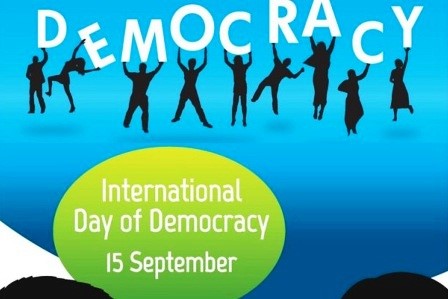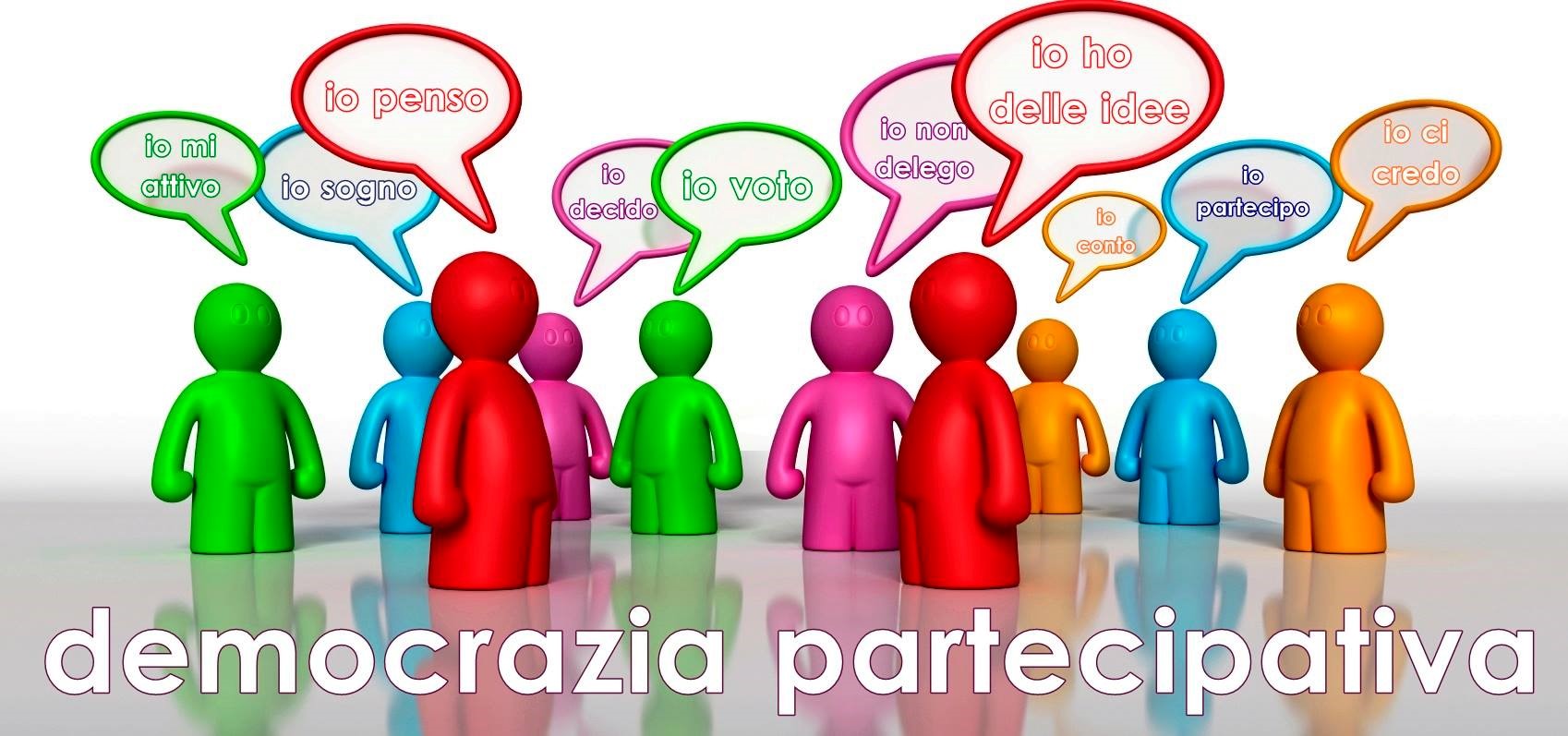
15 SEPTEMBER – International day of Democracy
It is based on inclusion, equal treatment and participation, and is a fundamental pillar for peace, sustainable development and human rights.
The International Day of Democracy was proclaimed on 8 November 2007 by the General Assembly of the United Nations and is celebrated on 15 September each year. The Day represents an opportunity to reflect on the state of democracy in the world: a form of social coexistence of which the modern world has made its model in the last two centuries and which Winston Churchill defined, with a joke that has travelled around the world, as “a bad political regime of which no one has found a better one“.

Reaching democracy is a goal that can only be achieved at the end of a participatory process by the entire world community, governments, civil society, citizens: all this contributes to creating a democratic reality that is a benefit for all.
History teaches us that democracy is always at risk, always rests on a precarious balance and can easily fall into autocracy, theocracy, demagogy. Today also in Europe we are witnessing the re-emergence of anti-democratic tendencies brooding in the coils of “democrats”, those systems that make use of a superficial democratic form reduced to pure ritual procedure, around a core of intolerant, prevaricating, despotic substance.
But democracy always rises again and again from its ashes because it represents the only possible outlet to the incompressible aspiration -this modern yes- towards fairness, dialogue, peace, and the exercise of the rights of each and everyone. True democracy is built on a constant dialogue between civil society and the political class. This dialogue must have a real influence on political decisions. This is why political participation, civil space and social dialogue are the foundations of good governance.
The Universal Declaration of Human Rights, which in Article 21.3 states that “The will of the people is the foundation of the authority of government”, has inspired the process of drafting the Constitution throughout the world and has contributed to the global acceptance of democratic principles and values. In turn, democracy represents the natural environment for the protection and effective realization of human rights.
This is all the more true in the face of the effects of globalization and technological progress. Yet today, civic space is shrinking alarmingly all over the world. Civil society activists find it increasingly difficult to act. Human rights defenders and parliamentarians are under attack. Women remain largely under-represented, journalists face interference and in some cases even violence.
Agenda 2030 for Sustainable Development addresses democracy with Objective 16, recognizing the inseparable links between peaceful societies and effective, accountable and inclusive institutions.
